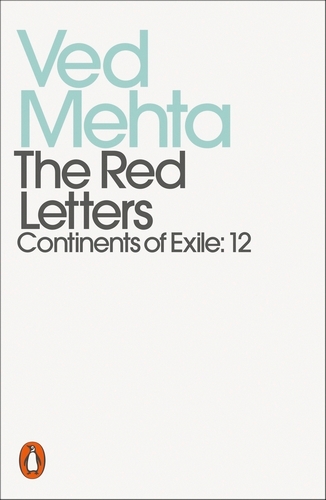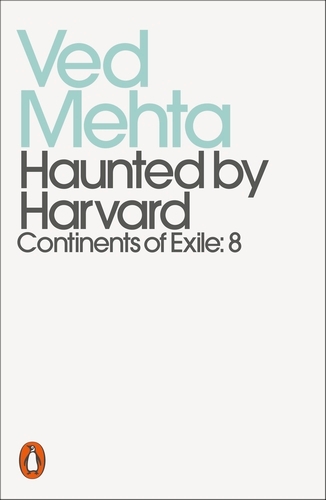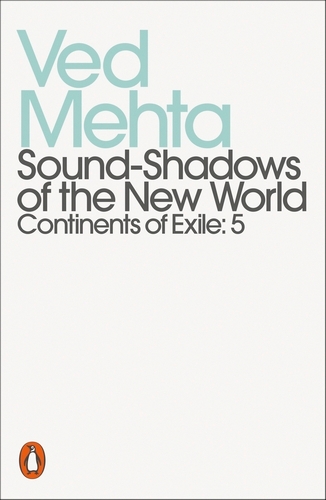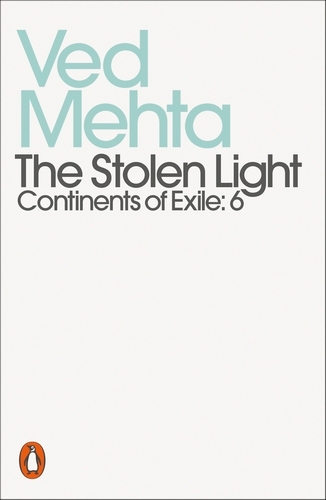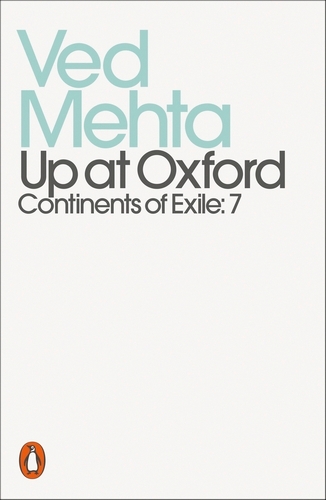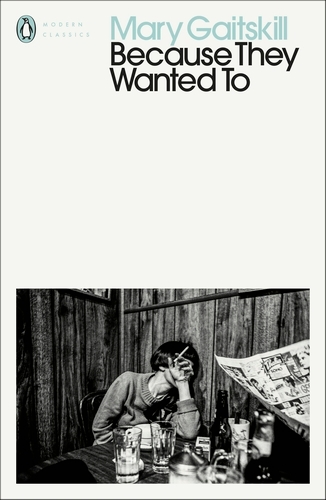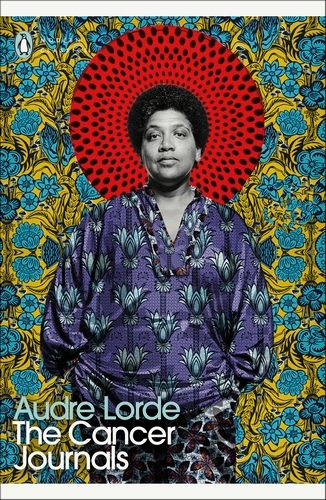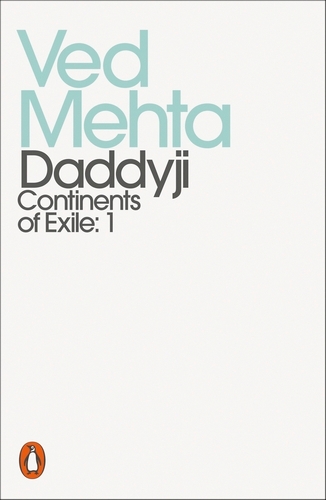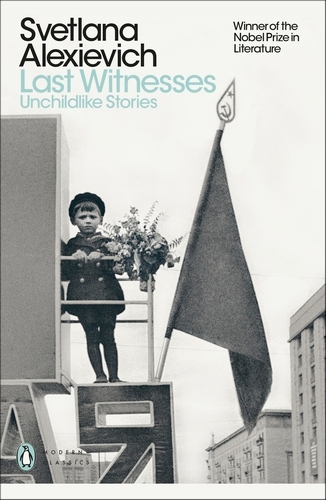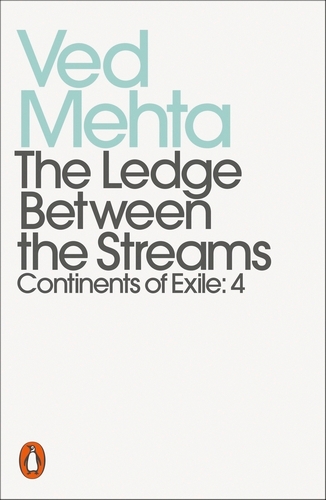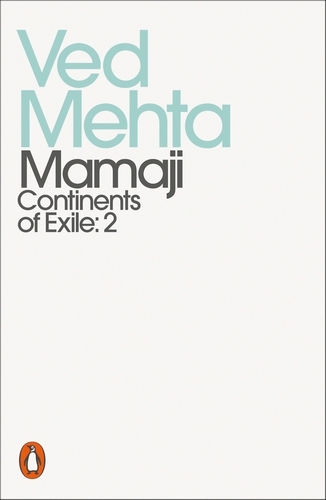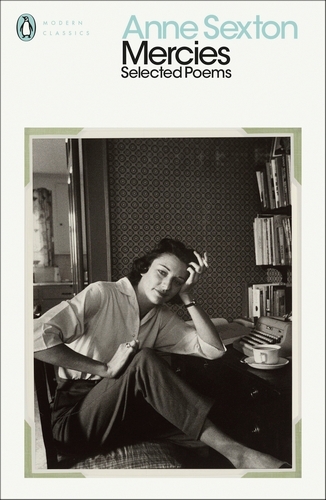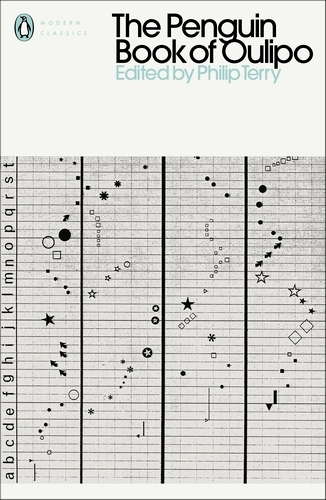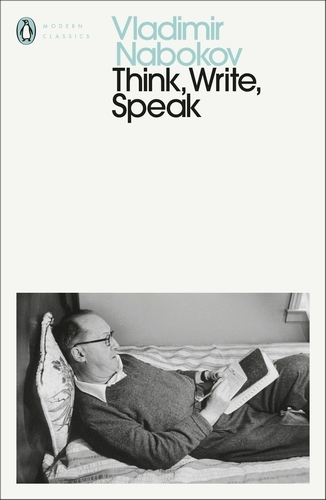Penguin Modern Classics
1282 books in this series
The Red Letters
The last volume of Ved Mehta's Continents of Exile series. Nearly 50 years in the making, Continents of Exile is one of the great works of twentieth-century autobiography: the epic chronicle of an Indian family in the twentieth century. From 1930s India to 1950s Oxford and literary New York in the 1960s-80s, this is the story of the post-colonial twentieth century, as uniquely experienced and vividly recounted by Ved Mehta.
During the clamour of a New York dinner party, Mehta is startled to find his father crying on his mother's shoulders. This episode begins a painful and revealing voyage into his father's personal history. In stark prose, Mehta unravels a passionate, clandestine affair that bore quiet yet extraordinary consequences for himself and his family. Red Letters also serves as a brilliant exploration and a recreation of British India: its sights and sounds, its injustices and its secrecy.
During the clamour of a New York dinner party, Mehta is startled to find his father crying on his mother's shoulders. This episode begins a painful and revealing voyage into his father's personal history. In stark prose, Mehta unravels a passionate, clandestine affair that bore quiet yet extraordinary consequences for himself and his family. Red Letters also serves as a brilliant exploration and a recreation of British India: its sights and sounds, its injustices and its secrecy.
Remembering Mr. Shawn's New Yorker
Book 9 in Ved Mehta's Continents of Exile series. Nearly 50 years in the making, Continents of Exile is one of the great works of twentieth-century autobiography: the epic chronicle of an Indian family in the twentieth century. From 1930s India to 1950s Oxford and literary New York in the 1960s-80s, this is the story of the post-colonial twentieth century, as uniquely experienced and vividly recounted by Ved Mehta.
In Remembering Mr. Shawn's New Yorker, Ved Mehta provides an unparalleled glimpse into the inner workings of the one of world's most famous magazines. He portrays in detail the strange, nurturing atmosphere at the New Yorker, and he recounts the earthquakes that shook the magazine as it moved into the hands of more commercial ownership. At once a tribute to William Shawn - one of the longest serving editors in the New Yorker's history - Mehta's memoir is also a joyful tribute to the intricately linked arts of editing, writing, and reading.
In Remembering Mr. Shawn's New Yorker, Ved Mehta provides an unparalleled glimpse into the inner workings of the one of world's most famous magazines. He portrays in detail the strange, nurturing atmosphere at the New Yorker, and he recounts the earthquakes that shook the magazine as it moved into the hands of more commercial ownership. At once a tribute to William Shawn - one of the longest serving editors in the New Yorker's history - Mehta's memoir is also a joyful tribute to the intricately linked arts of editing, writing, and reading.
Haunted by Harvard
Book 8 in Ved Mehta's Continents of Exile series. Nearly 50 years in the making, Continents of Exile is one of the great works of twentieth-century autobiography: the epic chronicle of an Indian family in the twentieth century. From 1930s India to 1950s Oxford and literary New York in the 1960s-80s, this is the story of the post-colonial twentieth century, as uniquely experienced and vividly recounted by Ved Mehta.
Veritas continues Mehta's journey through education: this time as a Ph.D. student and Residential Fellow at Harvard. His experience illustrates the dramatic changes in institutional habits and behaviour that were to take places in the late 1960s, as well as how dramatically out-of-touch many senior lecturers were to the societal mood around them.
Veritas continues Mehta's journey through education: this time as a Ph.D. student and Residential Fellow at Harvard. His experience illustrates the dramatic changes in institutional habits and behaviour that were to take places in the late 1960s, as well as how dramatically out-of-touch many senior lecturers were to the societal mood around them.
Sound-Shadows of the New World
Book 5 in Ved Mehta's Continents of Exile series. Nearly 50 years in the making, Continents of Exile is one of the great works of twentieth-century autobiography: the epic chronicle of an Indian family in the twentieth century. From 1930s India to 1950s Oxford and literary New York in the 1960s-80s, this is the story of the post-colonial twentieth century, as uniquely experienced and vividly recounted by Ved Mehta.
In 1949, fifteen-year-old Ved Mehta -- blind since the age of four -- left his native India and travelled alone to a school for the blind in Arkansas, USA. For the next three years he studied with over a hundred blind or partially sighted children at the school. Here, he would learn how to deal with Western teachers, date girls, and begin to perceive objects by means of 'sound-shadows'. Sound-Shadows of the New World brilliantly traces the emigrant experience amid the difficult transition from adolescence into adulthood.
In 1949, fifteen-year-old Ved Mehta -- blind since the age of four -- left his native India and travelled alone to a school for the blind in Arkansas, USA. For the next three years he studied with over a hundred blind or partially sighted children at the school. Here, he would learn how to deal with Western teachers, date girls, and begin to perceive objects by means of 'sound-shadows'. Sound-Shadows of the New World brilliantly traces the emigrant experience amid the difficult transition from adolescence into adulthood.
The Stolen Light
Book 6 in Ved Mehta's Continents of Exile series. Nearly 50 years in the making, Continents of Exile is one of the great works of twentieth-century autobiography: the epic chronicle of an Indian family in the twentieth century. From 1930s India to 1950s Oxford and literary New York in the 1960s-80s, this is the story of the post-colonial twentieth century, as uniquely experienced and vividly recounted by Ved Mehta.
The Stolen Light engages with the particular difficulties of Mehta's experience: he was blind in a college made for the seeing, he was an Indian in the United States, a Hindu in a Christian environment, a dark-skinned man surrounded by white people. With compelling honesty and humour, Mehta describes his struggles to live an ordinary university life - dating, riding a bicycle, keeping up with his studies - while dealing with incredible obstacles.
The Stolen Light engages with the particular difficulties of Mehta's experience: he was blind in a college made for the seeing, he was an Indian in the United States, a Hindu in a Christian environment, a dark-skinned man surrounded by white people. With compelling honesty and humour, Mehta describes his struggles to live an ordinary university life - dating, riding a bicycle, keeping up with his studies - while dealing with incredible obstacles.
Up at Oxford
Book 2 in Ved Mehta's Continents of Exile series. Nearly 50 years in the making, Continents of Exile is one of the great works of twentieth-century autobiography: the epic chronicle of an Indian family in the twentieth century. From 1930s India to 1950s Oxford and literary New York in the 1960s-80s, this is the story of the post-colonial twentieth century, as uniquely experienced and vividly recounted by Ved Mehta.
After studying in the United States, Mehta - blind since childhood - achieves his dream of enrolling at the University of Oxford: a place that has consumed his imagination ever since he was a small boy growing up under the British Raj. In Up at Oxford, Mehta recalls the nuances of his conversations, the range of his youthful emotions, and the sounds, smells, and tastes of university life. Along the way he draws memorable portraits of, among others, novelists, poets, scholars, and peers.
After studying in the United States, Mehta - blind since childhood - achieves his dream of enrolling at the University of Oxford: a place that has consumed his imagination ever since he was a small boy growing up under the British Raj. In Up at Oxford, Mehta recalls the nuances of his conversations, the range of his youthful emotions, and the sounds, smells, and tastes of university life. Along the way he draws memorable portraits of, among others, novelists, poets, scholars, and peers.
Because They Wanted To
First published in the late 1990s and a bestseller at the time, this incisive collection of short stories explores connection and disconnection in families, between ex-lovers and friends. From a father reflecting on the daughter whose lesbianism he cannot accept, to two people who were once young together stumbling over the foundations of their past, inside are twelve portraits of heart-rending emotional intimacy and the delicacy of relationships. Because They Wanted To is a perfectly formed set of stories about alienation in modern times.
The Cancer Journals
I would never have chosen this path, but I am very glad to be who I am, here.
The Cancer Journals is an intimate, poetic and invigorating account of the experience of breast cancer, from biopsy to mastectomy, told by the great feminist and activist Audre Lorde. Moving between journal entry, memoir, and essay, Lorde fuses the personal and political to reflect on the many questions breast cancer raises: questions of survival, sexuality, prosthesis and self-care. It is a journey of survival, friendship, and self-acceptance.
Grief, terror, courage, the passion for survival and for more than survival, are here in the searchings of a great poet. Adrienne Rich
This book teaches me that with one breast or none, I am still me Alice Walker
The Cancer Journals is an intimate, poetic and invigorating account of the experience of breast cancer, from biopsy to mastectomy, told by the great feminist and activist Audre Lorde. Moving between journal entry, memoir, and essay, Lorde fuses the personal and political to reflect on the many questions breast cancer raises: questions of survival, sexuality, prosthesis and self-care. It is a journey of survival, friendship, and self-acceptance.
Grief, terror, courage, the passion for survival and for more than survival, are here in the searchings of a great poet. Adrienne Rich
This book teaches me that with one breast or none, I am still me Alice Walker
Daddyji
Book 1 in Ved Mehta's Continents of Exile series. Nearly 50 years in the making, Continents of Exile is one of the great works of twentieth-century autobiography: the epic chronicle of an Indian family in the twentieth century. From 1930s India to 1950s Oxford and literary New York in the 1960s-80s, this is the story of the post-colonial twentieth century, as uniquely experienced and vividly recounted by Ved Mehta.
On its surface, Daddyji serves as a lucid biographical portrait of Amolak Ram Mehta, an esteemed Indian public servant, written by his son. But as Ved Mehta's story unwinds, it becomes apparent that something else is being recreated - the intricacies and intimacies of a lost world, of pre-Partition Lahore.
On its surface, Daddyji serves as a lucid biographical portrait of Amolak Ram Mehta, an esteemed Indian public servant, written by his son. But as Ved Mehta's story unwinds, it becomes apparent that something else is being recreated - the intricacies and intimacies of a lost world, of pre-Partition Lahore.
Last Witnesses
What did it mean to grow up in the Soviet Union during the Second World War? In the late 1970s, Svetlana Alexievich started interviewing people who had experienced war as children, the generation that survived and had to live with the trauma that would forever change the course of the Russian nation.
With remarkable care and empathy, Alexievich gives voice to those whose stories are lost in the official narratives, uncovering a powerful, hidden history of one of the most important events of the twentieth century.
Published to great acclaim in the Soviet Union in 1985, this masterpiece offers a kaleidoscopic portrait of the human consequences of the war - and an extraordinary chronicle of the Russian soul.
With remarkable care and empathy, Alexievich gives voice to those whose stories are lost in the official narratives, uncovering a powerful, hidden history of one of the most important events of the twentieth century.
Published to great acclaim in the Soviet Union in 1985, this masterpiece offers a kaleidoscopic portrait of the human consequences of the war - and an extraordinary chronicle of the Russian soul.
Ledge Between the Streams
Book 4 in Ved Mehta's Continents of Exile series. Nearly 50 years in the making, Continents of Exile is one of the great works of twentieth-century autobiography: the epic chronicle of an Indian family in the twentieth century. From 1930s India to 1950s Oxford and literary New York in the 1960s-80s, this is the story of the post-colonial twentieth century, as uniquely experienced and vividly recounted by Ved Mehta.
Set against the distant storm of the Second World War and the waning light of British Raj, Ved Mehta's brilliant memoir Ledge Between the Streams tells of an Indian childhood and the coming to terms with growing blindness: how, despite his disability, he learned English, Braille, horseback riding, bicycling, touch typing, and roller skating.
Set against the distant storm of the Second World War and the waning light of British Raj, Ved Mehta's brilliant memoir Ledge Between the Streams tells of an Indian childhood and the coming to terms with growing blindness: how, despite his disability, he learned English, Braille, horseback riding, bicycling, touch typing, and roller skating.
Mamaji
Book 2 in Ved Mehta's Continents of Exile series. Nearly 50 years in the making, Continents of Exile is one of the great works of twentieth-century autobiography: the epic chronicle of an Indian family in the twentieth century. From 1930s India to 1950s Oxford and literary New York in the 1960s-80s, this is the story of the post-colonial twentieth century, as uniquely experienced and vividly recounted by Ved Mehta.
Translating individual experience into the universal, Mehta recounts the story of his mother's arranged marriage to a British-trained doctor and, by extension, of an ancient Indian family's struggle to find its place in a modern, rapidly changing world.
Translating individual experience into the universal, Mehta recounts the story of his mother's arranged marriage to a British-trained doctor and, by extension, of an ancient Indian family's struggle to find its place in a modern, rapidly changing world.
Mercies
When Anne Sexton took her own life in October 1974, she left behind a body of work which had already, in less than two decades of writing, won her the Pulitzer Prize for Poetry, established her as one of the foremost voices of her generation, and shocked America by breaking multiple taboos of subject matter, from insanity, depression and addiction to menstruation, adultery and the figure of the witch.
Sexton's name is legendary. Her poetry is read around the world, translated into over thirty languages, and in her own country remains a touchstone for poets and readers looking for rawness of perception, vitality of expression, confessional frankness and fiery passion. Yet, incredibly, there has been no new UK edition of her work for decades. In Mercies, readers are provided with a resonant new selection from the writings of this natural phenomenon of a poet.
Sexton's name is legendary. Her poetry is read around the world, translated into over thirty languages, and in her own country remains a touchstone for poets and readers looking for rawness of perception, vitality of expression, confessional frankness and fiery passion. Yet, incredibly, there has been no new UK edition of her work for decades. In Mercies, readers are provided with a resonant new selection from the writings of this natural phenomenon of a poet.
The Penguin Book of Oulipo
Brought together for the first time, here are 100 pieces of 'Oulipo' writing, celebrating the literary group who revelled in maths problems, puzzles, trickery, wordplay and conundrums. Featuring writers including Georges Perec, Raymond Queneau and Italo Calvino, it includes poems, short stories, word games and even recipes. Alongside these famous Oulipians, are 'anticipatory' wordsmiths who crafted language via unusual constraints and literary tricks, from Jonathan Swift to Lewis Carroll.
Philip Terry's playful selection will appeal to lovers of word games, puzzles and literary delights.
Philip Terry's playful selection will appeal to lovers of word games, puzzles and literary delights.
Think, Write, Speak
The last major collection of Nabokov's published material, Think, Write, Speak brings together a treasure trove of previously uncollected texts from across the author's extraordinary career. Each phase of his wandering life is included, from a precocious essay written while still at Cambridge in 1921, through to his fame in the aftermath of the publication of Lolita to the final, fascinating interviews given shortly before his death in 1977.
Introduced and edited by his biographer Brian Boyd, this is an essential work for anyone who has been drawn into Nabokov's literary orbit. Here he is at his most inspirational, curious, misleading and caustic. The seriousness of his aesthetic credo, his passion for great writing and his mix of delight and dismay at his own, sudden global fame in the 1950s are all brilliantly delineated here.
Introduced and edited by his biographer Brian Boyd, this is an essential work for anyone who has been drawn into Nabokov's literary orbit. Here he is at his most inspirational, curious, misleading and caustic. The seriousness of his aesthetic credo, his passion for great writing and his mix of delight and dismay at his own, sudden global fame in the 1950s are all brilliantly delineated here.
Vedi
Book 3 in Ved Mehta's Continents of Exile series. Nearly 50 years in the making, Continents of Exile is one of the great works of twentieth-century autobiography: the epic chronicle of an Indian family in the twentieth century. From 1930s India to 1950s Oxford and literary New York in the 1960s-80s, this is the story of the post-colonial twentieth century, as uniquely experienced and vividly recounted by Ved Mehta.
Ved continues the story of Ved Mehta's two earlier memoirs, Daddyji, a biographical portrait of his father, and Mamaji, an exploration of his mother and her history. The focus here turns toward Mehta's childhood, his education in an Indian orphanage for the blind, and the general experience of blind people in India.
Ved continues the story of Ved Mehta's two earlier memoirs, Daddyji, a biographical portrait of his father, and Mamaji, an exploration of his mother and her history. The focus here turns toward Mehta's childhood, his education in an Indian orphanage for the blind, and the general experience of blind people in India.
